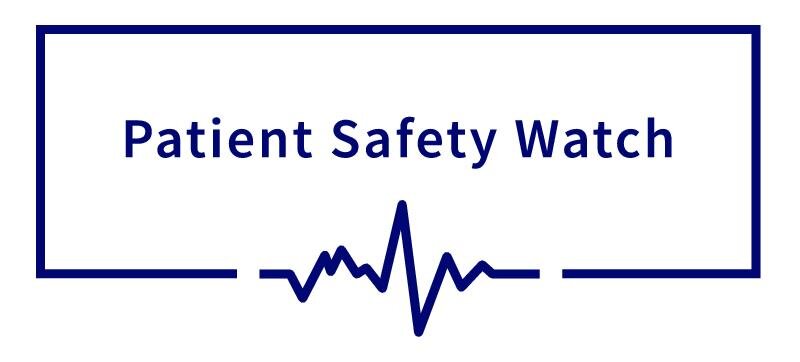Last week, amongst praising much of what she said, I found myself criticising the new Health Secretary for introducing a new two week waiting target designed to improve access to GPs. No one can argue with the aim behind it – everyone wants to make accessing GPs as easy and quick as possible. But there are two major issues with this approach. Firstly, simply creating a new target won’t make it a reality as I found many times. One example: I very much wanted to go back to everyone having their own GP so negotiated a change in the GP contract for everyone to have a 'named accountable' doctor. The result? People got a letter in the post telling them they had one - and absolutely nothing else changed.
In this case the reason the new target won't work is that the fundamental issue is GP capacity: we need more GPs to speed up access and having a 73rd target won't magic them up. It also misses the real point about why people feel disappointed with their GP experience: we are turning surgeries into call centres where you are as unlikely to see the same GP twice as the same Uber driver, something that is as demoralising for doctors as it is for patients. Restoring continuity of care saves lives as we know from last year's Norway study - but it also makes people less stressed when they want to see a GP. Many are happy to wait a couple of days longer if it means they can see a GP they know.
The second issue I have with the new target is a much broader cultural one, and something I devote a whole chapter to in my new book Zero. The NHS has more targets than any other healthcare system in the world. The result is a system that depersonalises patients, deprofessionalises frontline staff and fails on the most basic level to prioritise in the way targets are meant to do.
As I argue in Zero this is for a number of reasons:
Having one or two targets can make sense as they give focus for an organisation. But with GPs already operating under 72 targets via QOF, and the wider NHS striving to meet 8 different cancer targets, 5 mental health waiting times targets and targets or ambitions for A&E, elective surgery, MRSA, C-Diff, vaccines, maternal/baby deaths, HIV and many, many other issues simply adding still more just means staff can’t deliver on them all. In other words, the effectiveness of targets are in inverse proportion to their quantity and we already have too many!
As we saw in the Mid Staffs scandal, when hospitals focus too heavily on targets and not enough on patients, then safety suffers. Targets effectively turn patients into numbers rather than people and in the worst-case examples targets become more important than basic good, safe care.
The culture created by a ‘hit these targets at all costs’ approach makes this issue even worse. Poor managers who become obsessed with hitting their numbers lose sight of the fact that not al aspects of care can be quantified. This leads to a disconnect between management priorities and clinical best practice. And safety again suffers.
So if these are some of the problems with targets what are the solutions? I think we should learn from the system of regulatory oversight we havein the education system. There we charge Ofsted with driving up standards but not with hitting certain numbers of A grades. Schools are given budgets, a national curriculum and then empowered to do the best they can without the micromanagement you see in health from DHSC, NHSE, CCGs or a plethora of other bodes. We should set the new ICSs free by scrapping national targets and devolving them down to the 42 new systems, giving them autonomy to innovate as to the best way to deliver them. The CQC should work like Ofsted, not as a regulator but as a way of letting patients and staff know how well their organisation is doing and how it can improve. The good news is that the new Health Act puts in place structures that would make this a relatively simple change - but will Therese Coffey and NHS England be bold enough to scrap national targets and prescriptive commissioning guidance?

